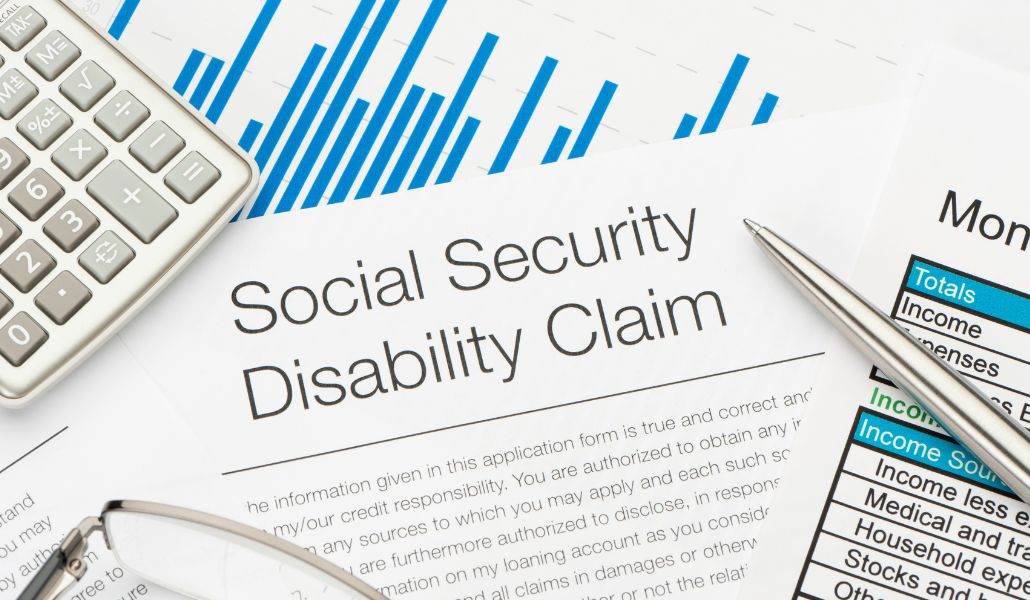An injury or illness can leave you struggling to retain gainful employment. If you are in this situation, you may qualify for disability benefits through the Social Security Administration. Unfortunately, qualifying for disability benefits is not always enough for you to receive the financial support you seek. Fraud is rampant among those applying for disability, so the SSA has set rigid standards you must meet to qualify. In fact, the SSA only approves about 30% of first-time applicants.
If the SSA has denied your application for disability payments, you should not let this discourage you from seeking the benefits you need so that you can maintain the most optimistic standard of living possible. You still have options that may provide you with a chance for a successful claim.
What’s the next phase?
Although the SSA has many reasons for denying claims, one of the most common is that applicants fail to provide enough evidence to prove their conditions meet the SSA’s standard of a disability. A condition must be severe enough that, for at least one year, you will be unable to perform basic activities, such as standing, walking, remembering and even sitting. After a denial, you will have 60 days to supply additional information to convince the SSA that you qualify. Appeals generally follow four steps:
- Different SSA agents will reconsider your request by examining your application and any new evidence you submit.
- If reconsideration fails, an impartial administrative law judge will listen to your case.
- An unsuccessful administrative hearing may lead to a review by the Appeals Council, but the council does not always approve every request for an appeal.
- If none of the above is successful, you have the option of seeking a federal court review by filing a lawsuit.
Each of these stages gives you a new opportunity to submit medical reports, test results, testimonies from friends and co-workers, and your personal journals of your struggles as you attempt to obtain the benefits that will support you during your illness. The more relevant documentation you provide, the better your chances of convincing the agency of your eligibility for disability benefits.
Of course, you do not have an unlimited time to move from one phase to the next. You must adhere to the deadlines for each stage, which is usually 60 days after you receive a denial notice from the SSA. Because the agency frequently takes a significant amount of time to respond to requests, you will want to act quickly.



